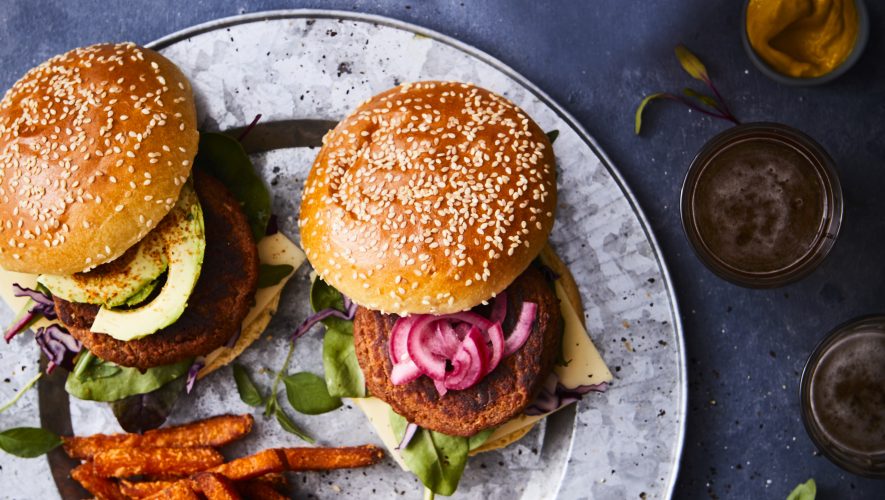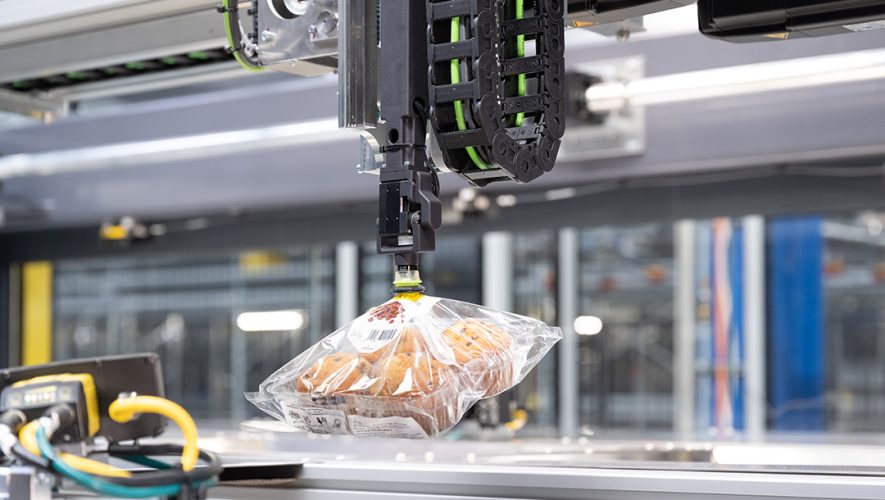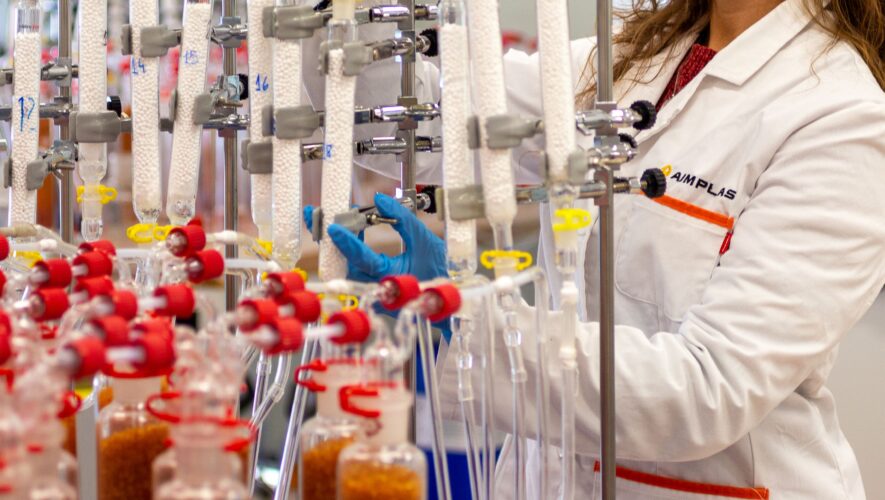Flexitarians drive demand for meat alternatives in Asia as consumers seek tastier and more sustainable options
New research produced by Kerry, the world’s leading taste and nutrition company, has revealed that over 60% of consumers in the Asia Pacific region are interested in purchasing plant-based meat alternatives. According to the new study, which was conducted with 3,700 people across 10 countries, 62% of consumers in the region are interested in plant-based meat alternatives while 44% intend to increase their consumption of these products. Kerry’s APAC Consumer Study 2021 also showed that 32% of consumers are actively trying to cut meat consumption, while a further 28% have already cut their meat consumption significantly.
Due to the COVID-19 pandemic, consumers in Asia are now more conscious of food safety, health, and the environment as they look for greater assurance about their food, and actively seek to make dietary changes to live more healthily and sustainably. Driving the plant-based shift from niche to mainstream in the region is the flexitarian, a growing consumer group that enjoys both meat and plant-based foods and will not compromise on the taste and texture.
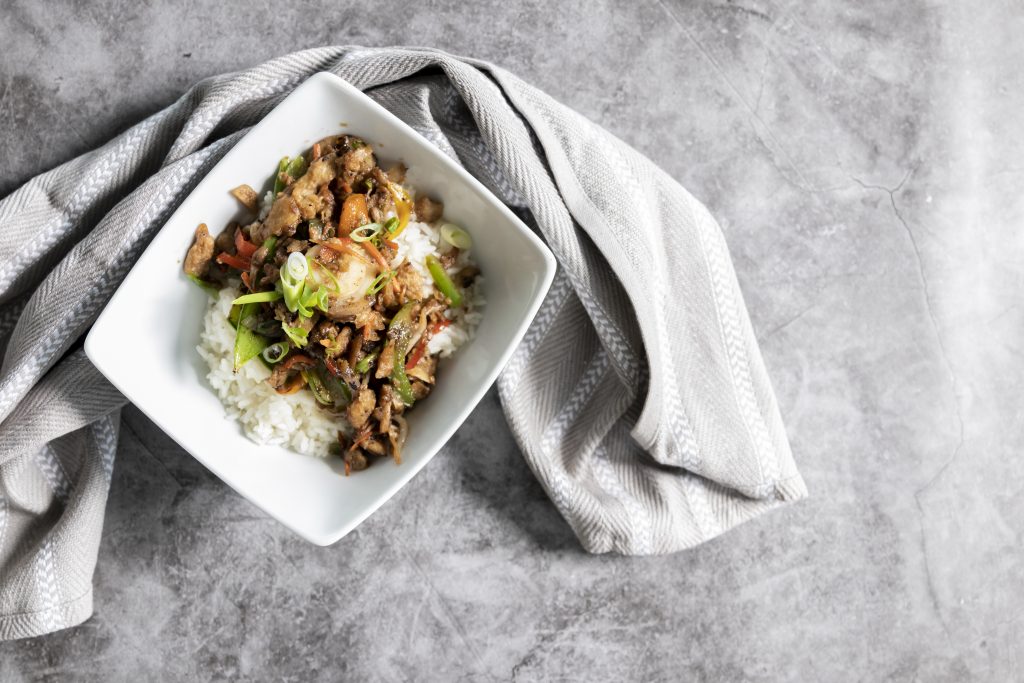
Ronan Moloney, VP & GM, Food and Meat, Kerry Asia Pacific, Middle East & Africa said: “Asia is currently the second largest region in the world for plant-based meat alternatives, accounting for 22% of global sales by value and it is expected that it will be the world’s largest market by 2025. However, this new research reveals a significant unmet need in Asia regarding providing consumers with the alternatives that they want. Consumers are seeking products that have superior taste, texture, and nutrition, while also aligning with local or regional cuisines or tastes. However, many fall short of these expectations with 70% of consumers in the Asia Pacific region saying that the taste and texture of current meat alternatives do not match that of real meat, but adding that they would make plant-based foods a regular part of their diet if this were resolved. Brands can capitalise on this growing demand by creating innovative products that meet consumer needs across taste, texture, and sustainability.”
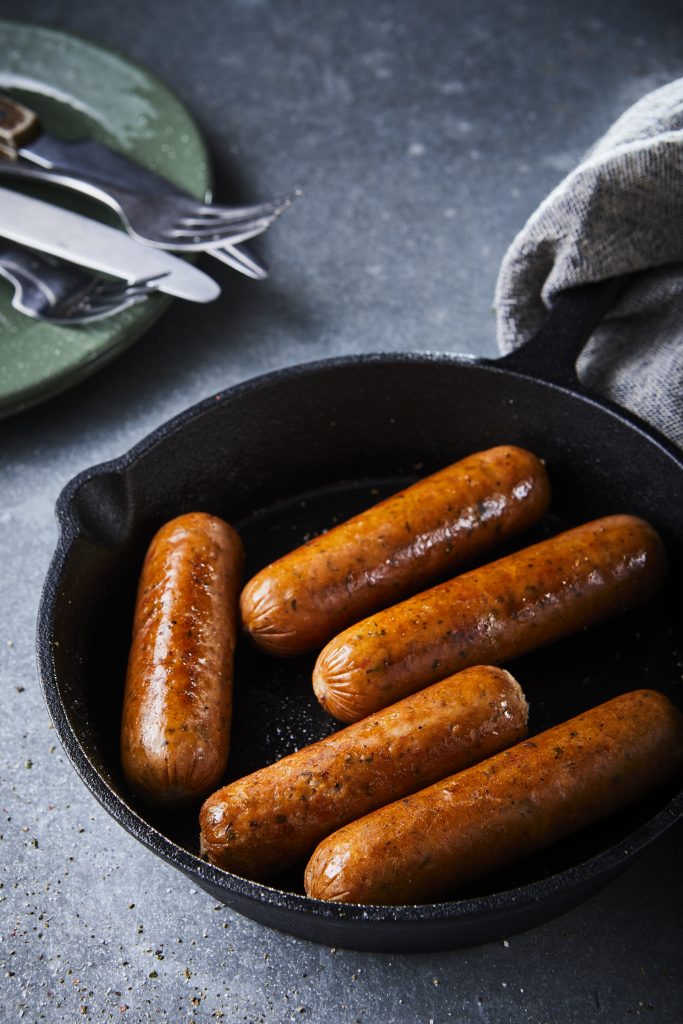
‘Radicle™ by Kerry’ takes a holistic approach across four pillars: Taste, with taste systems, developed for plant protein to mask off-notes and build delicious savory taste; functionality, focused on texture, performance, and freshness for the best eating experience; sustainability, with plant bases containing functional and sensorial benefits; and nutrition for enriched, nutritionally-optimized plant-based products.
“While taste is the most important attribute for plant-based foods, creating delicious plant-based meat alternatives that resonate with consumers can be a complex, costly and challenging process, particularly around savory taste and creating succulence, juiciness and a moreish flavor. ‘Radicle™ by Kerry’ enables manufacturers to create and deliver sustainable food and beverage products that are nutritionally optimized with cleaner labels, authentic taste, and appealing texture. With a growth of more than 20% in meat alternative launches in Southeast Asia from 2019 to 2020, there is no doubt that Asia presents a good opportunity for innovative, tasty products that consumers will want as their first choice, and not the alternative,” concluded Mr Moloney.

